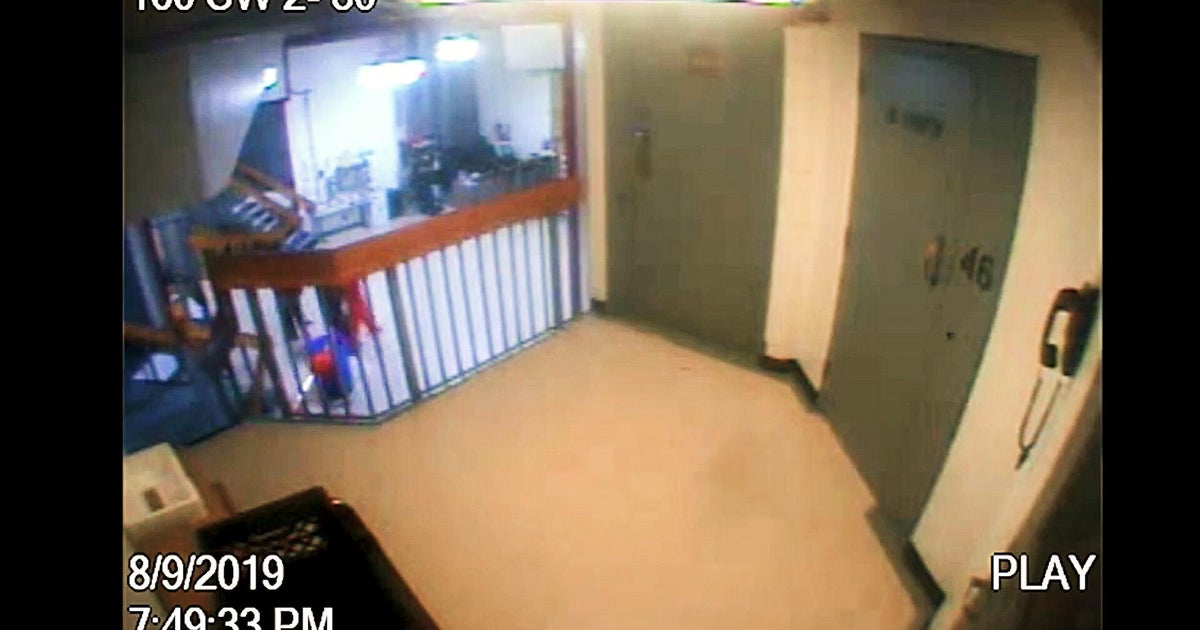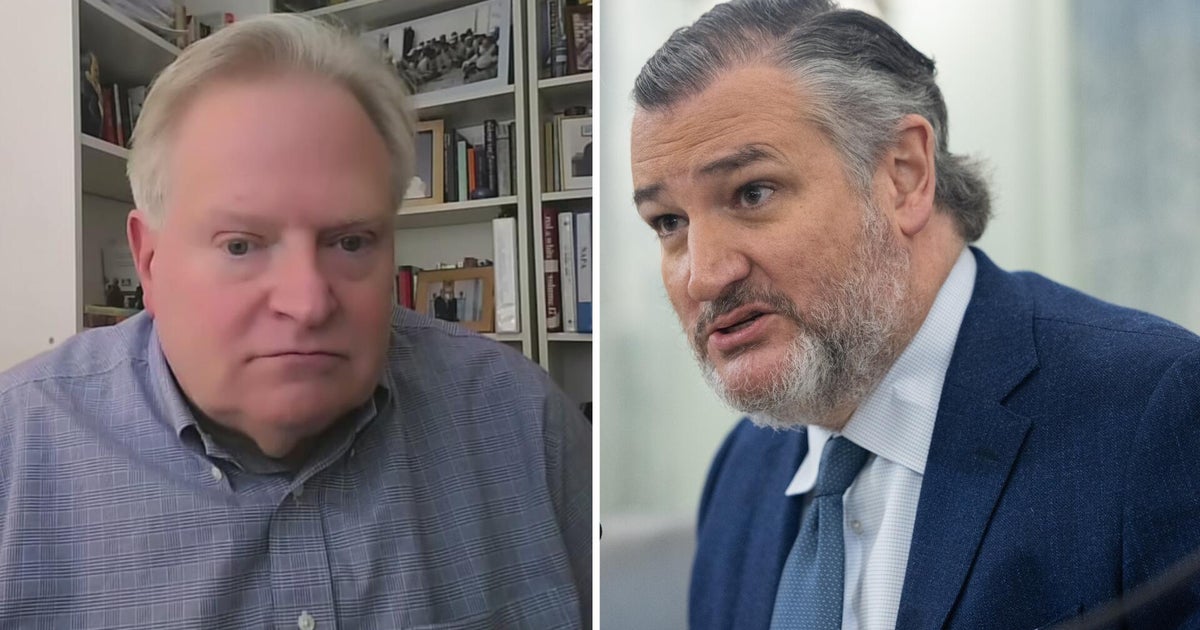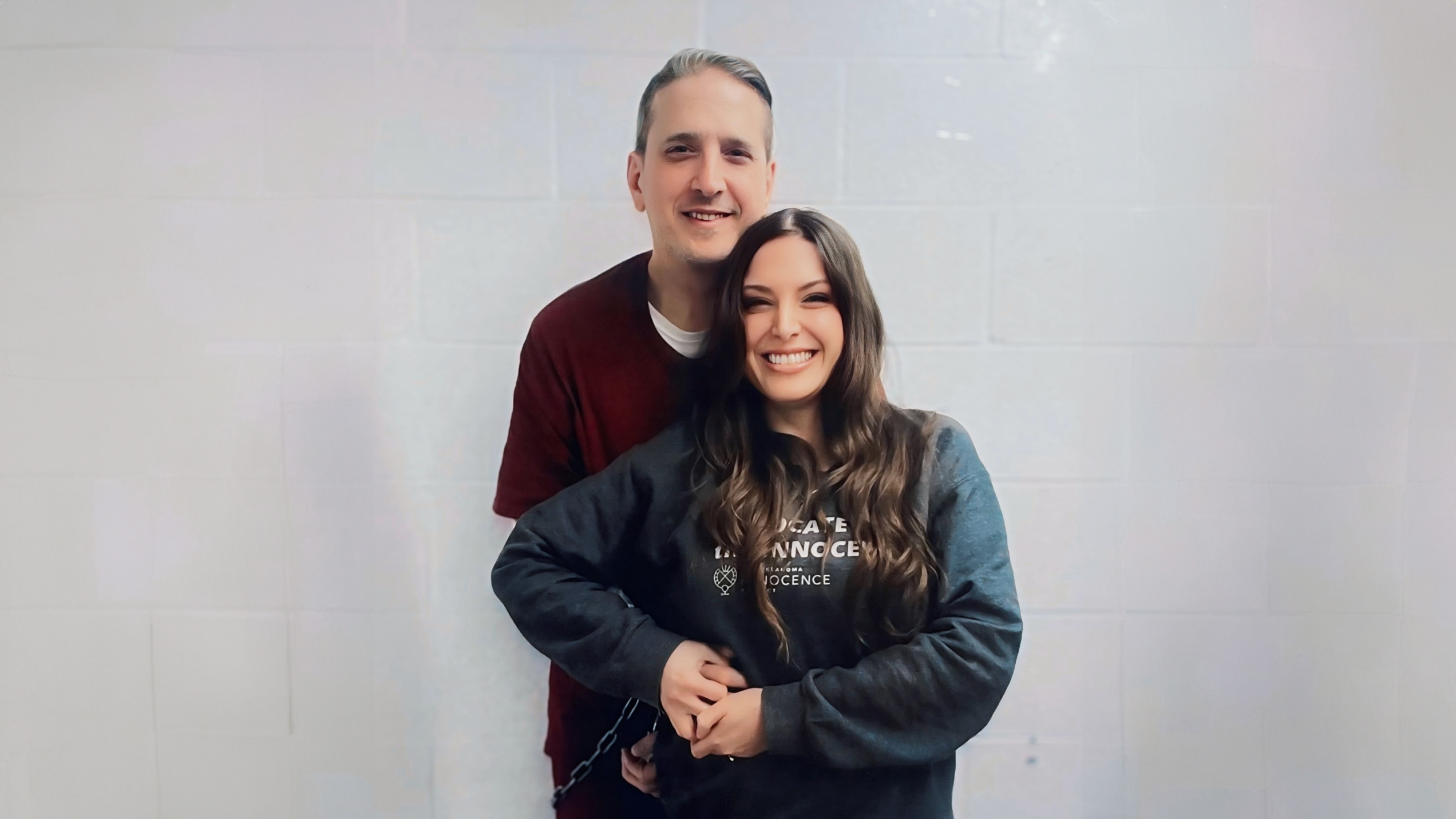Missouri death row inmate Brian Dorsey executed after Supreme Court rejects bids to intervene
Washington — Missouri death row inmate Brian Dorsey was executed on Tuesday evening after the U.S. Supreme Court declined to intervene, officials confirmed.
Dorsey was convicted of murdering his cousin and her husband nearly 20 years ago.
The state carried out Dorsey's death sentence by lethal injection at Eastern Reception, Diagnostic and Correctional Center in Bonne Terre, Missouri's Department of Corrections said in a statement. He was pronounced dead at 6:11 p.m. local time.
The execution proceeded on Tuesday evening after the high court rejected two separate bids to intervene. There were no noted dissents. Missouri Gov. Mike Parson, a Republican, confirmed Monday that the state would move forward with Dorsey's death sentence, rejecting a separate request for clemency.
More than 70 current and former corrections officers had urged Parson to commute Dorsey's sentence, arguing he had been rehabilitated, and his lawyers said that Dorsey was in a drug-induced psychosis when he committed the killings in 2006.
Dorsey, 52, was the first inmate in Missouri to be executed this year after four were put to death in 2023.
Kirk Henderson, Dorsey's attorney, criticized the state for moving forward with the execution.
"If anyone deserves mercy, surely it is Brian, who has been fully rehabilitated and whose death sentence was so flawed that five of his jurors believe he should not be executed," Henderson said in a statement. "Executing Brian Dorsey is a pointless cruelty, an exercise of the state's power that serves no legitimate penological purpose."
Dorsey pleaded guilty to shooting and killing his cousin, Sarah Bonnie, and her husband, Ben Bonnie, at their home on Dec. 23, 2006. According to court filings, Dorsey had called his cousin for money to give to two drug dealers who were at his apartment, and the three returned to the Bonnies' home later that night after they agreed to help him.
After Sarah and Ben Bonnie, and their daughter, went to bed, Dorsey grabbed a shotgun and shot the couple, after which prosecutors accused Dorsey of sexually assaulting his cousin. He then stole several items from the Bonnies' home, including jewelry and their car, and attempted to sell them to repay his drug debt, state officials said.
The bodies were discovered after Sarah Bonnie's parents went to the home after the couple was missing from a family gathering on Christmas Eve. When they went into the house, they found the couple's 4-year-old daughter sitting on the couch, who told her grandparents her mother wouldn't wake up.
Dorsey turned himself in to the police three days after the killings and confessed to the murders. He was then sentenced to death.
After failed appeals of his death sentence, the Missouri Supreme Court issued an execution warrant in December. Dorsey sought further relief, arguing his conviction and sentence violated the Sixth Amendment, though his efforts were unsuccessful.
In one request for the Supreme Court's intervention, Dorsey's attorneys argued that the lawyers appointed by the Missouri Public Defender Office to represent him were paid a flat fee of $12,000 apiece, which presented a conflict of interest that pitted their personal finance interests directly against Dorsey's right to effective assistance of counsel.
Dorsey's current attorneys told the Supreme Court in a filing that his appointed lawyers provided "grossly deficient representation" in a capital case and pressured their client to plead guilty with no agreement that prosecutors wouldn't pursue the death penalty.
They argued in a second request that Dorsey has achieved "remarkable redemption and rehabilitation" in his more than 17 years on death row, and the "goals of capital punishment will not be furthered by" his execution.
Dorsey's attorneys also raised concerns about Missouri's execution protocol, which says nothing about the use of any pain relief. They describe their client in court filings as obese, diabetic and a former user of intravenous drugs, all of which could make it difficult to establish IV lines for the lethal injection and may lead Missouri Department of Corrections employees to use "cut downs."
Under the procedure, large incisions are made in the arms, legs or other areas of the body, and tissue is pulled away from the vein. A federal lawsuit filed on Dorsey's behalf in Missouri district court alleged that no anesthetic is given during "cut downs," and the procedure occurs before an inmate meets with their spiritual adviser for the last time, which Dorsey plans to do.
His attorneys argued that the "significant pain and anguish" Dorsey would be in when he meets his spiritual adviser would hinder his ability to freely exercise his religion.
A settlement was reached Saturday, under which the state would take steps to limit the risk of extreme pain for Dorsey, according to the Associated Press.



